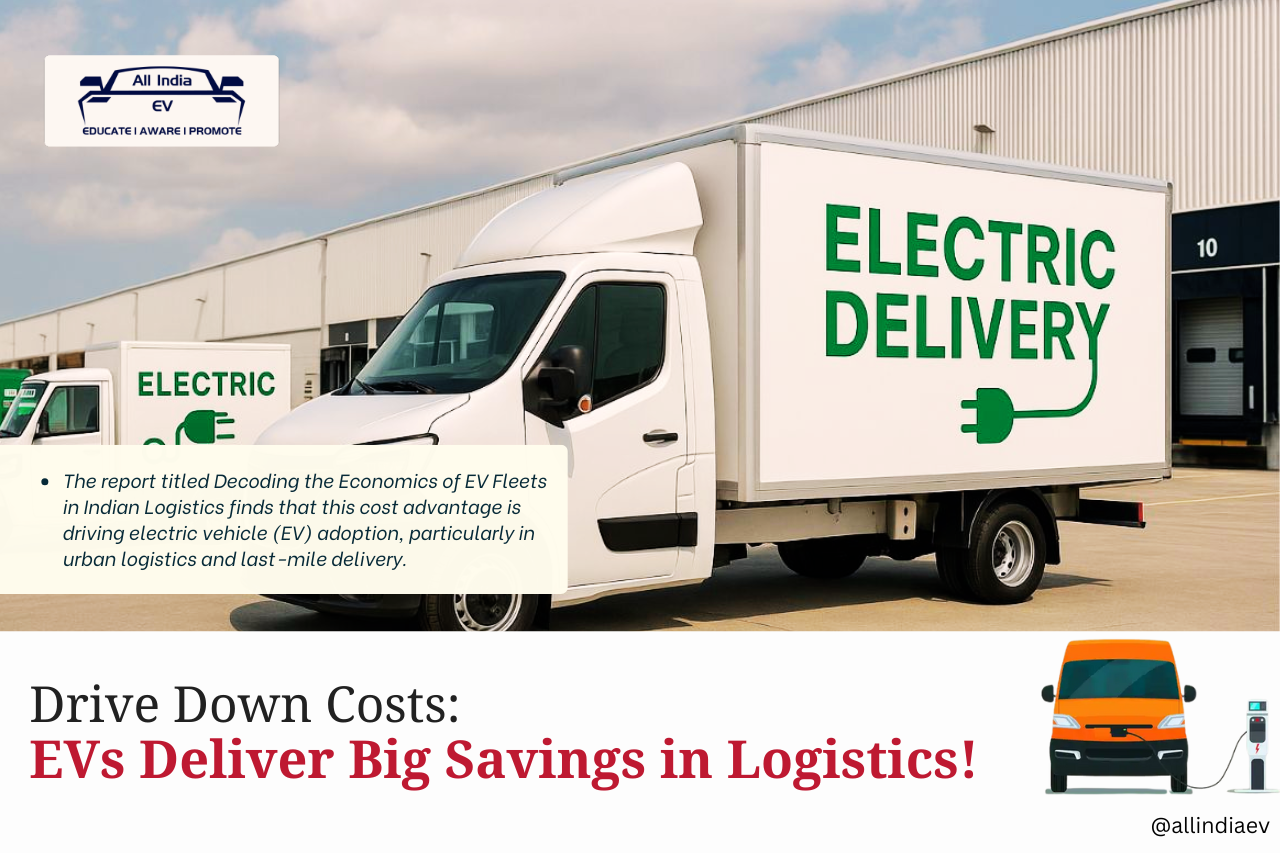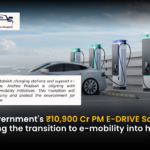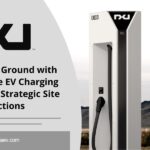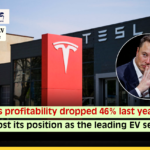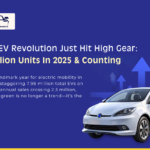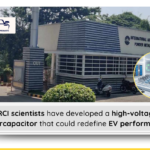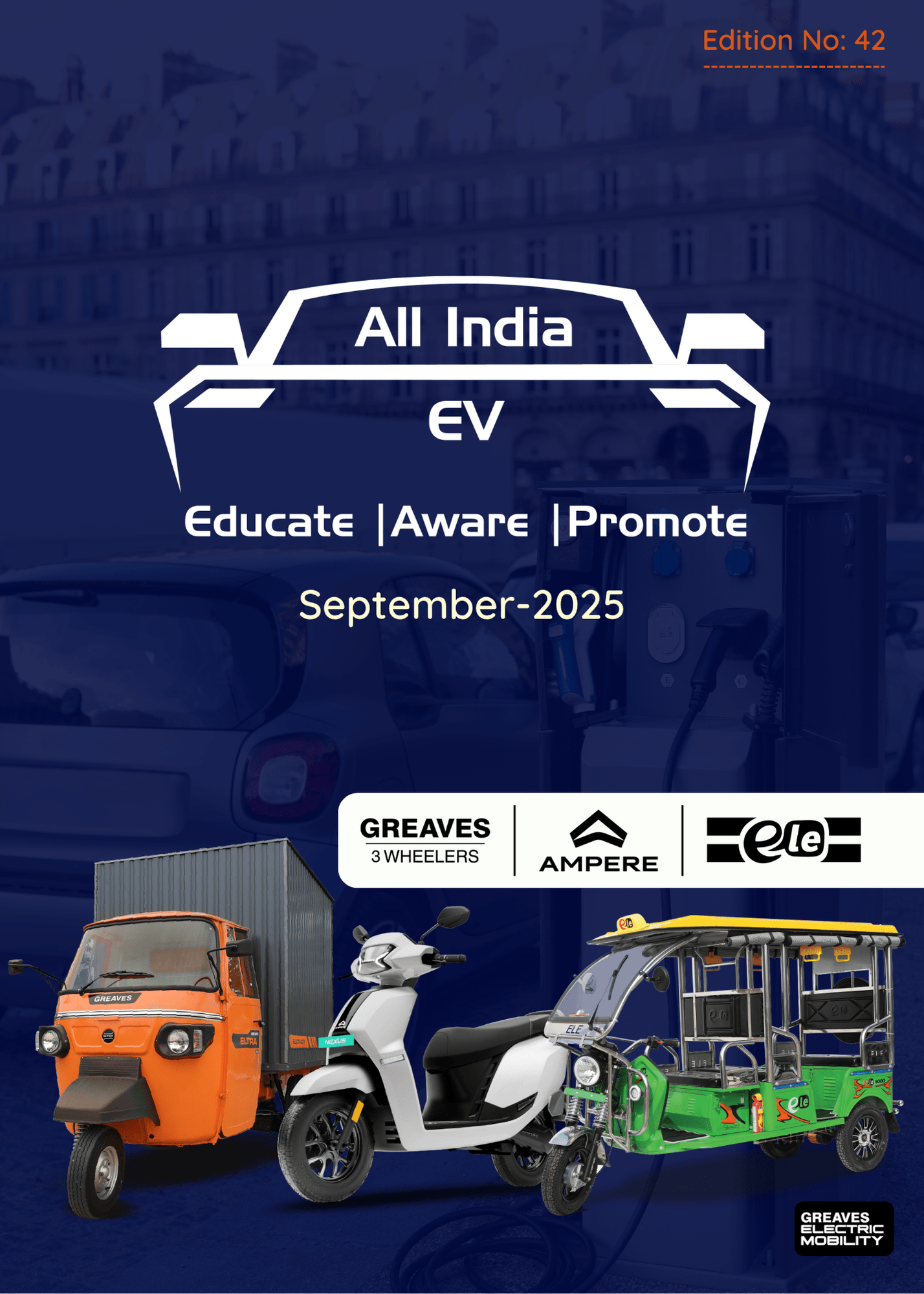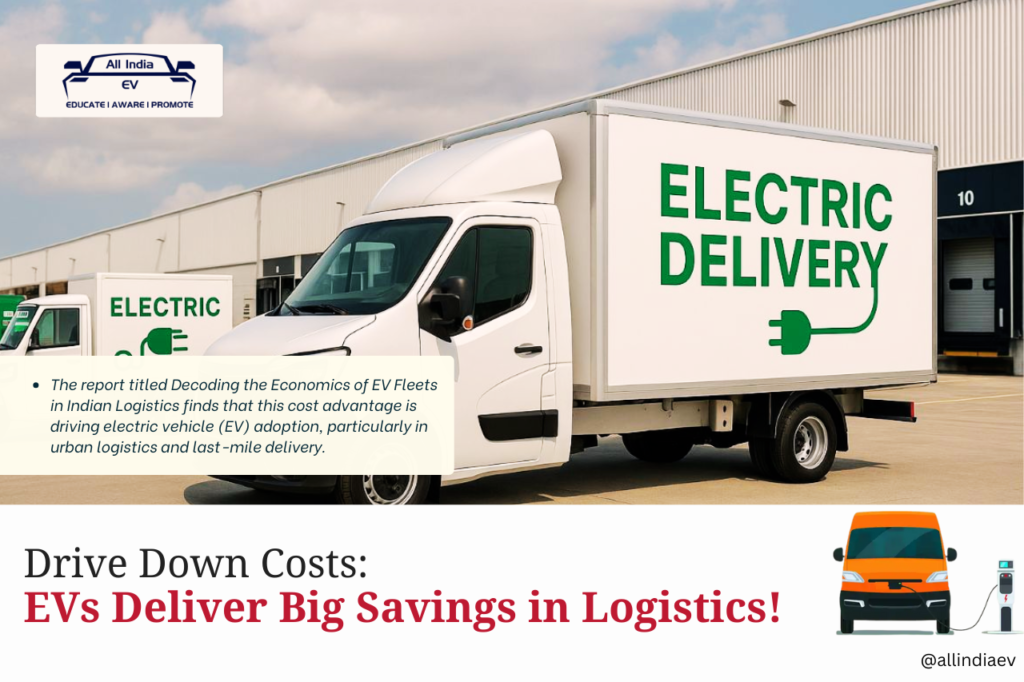
Lower TCO, emerging business models, and policy support are accelerating EV adoption in Indian logistics
In a major boost to India’s green mobility goals, electric vehicles (EVs) deployed in the logistics sector are now delivering a 15–20% lower total cost of ownership (TCO) compared to their diesel-powered counterparts, according to a new report by management consultancy Praxis Global Alliance.
Titled “Decoding the Economics of EV Fleets in Indian Logistics”, the report highlights how this economic edge is spurring EV adoption, particularly in urban logistics and last-mile delivery segments.
“EV TCO is 15–20% lower than ICE vehicles in three-wheeler (3W) and small four-wheeler (4W) fleets due to significantly reduced fuel and maintenance costs,” the report noted. For electric 3Ws, the TCO ranges between ₹0.5 to ₹1.8 per km, compared to ₹3.5–₹4.2 per km for diesel variants. Similarly, EV 4Ws operate at a TCO of ₹7.5–₹9 per km, whereas diesel 4Ws can go as high as ₹10.5 per km.
Rapid Uptake in E-commerce and Urban Delivery
EV penetration in e-commerce logistics has reached 14% and is expected to grow to 35% by 2027. This growth is attributed to economic parity across multiple use cases, alongside a favourable policy ecosystem.
The report observes that return-to-base operations—such as intra-city delivery and hyperlocal logistics—are ideal for EV fleets, especially those with predictable routes and daily usage over 60–80 km.
Barriers in Heavy Commercial Adoption
Despite promising trends, adoption remains low in heavy commercial vehicles (HCVs) due to payload limitations and less favourable TCO. Pilot programs are underway in mining and port logistics, but widespread EV deployment in heavy-duty segments is still some distance away.
BaaS and Leasing Models Enhance Affordability
Innovative models like Battery-as-a-Service (BaaS) and leasing are easing the cost burden for small fleet operators. BaaS can reduce monthly expenses by up to 25% for a typical 3W logistics operator, enabling EV adoption with lower upfront capital.
The report underlines the role of fleet operators and logistics integrators in this transition. Their expertise in route optimization, bulk procurement, and charging downtime management makes them key enablers.
Infrastructure and Financing Remain Challenges
However, hurdles persist. The report flags limited access to institutional financing for small fleet owners and inadequate charging infrastructure, especially in Tier II and III cities.
Policy interventions such as FAME-II subsidies, battery swapping guidelines, and state-level incentives have played a critical role so far. But to sustain momentum, the study recommends faster deployment of public charging stations and a clear roadmap for zero-emission zones.With India’s logistics sector projected to double to $500 billion by 2030, the report concludes that scaling EV integration will be crucial for decarbonising the country’s freight and delivery ecosystem.


